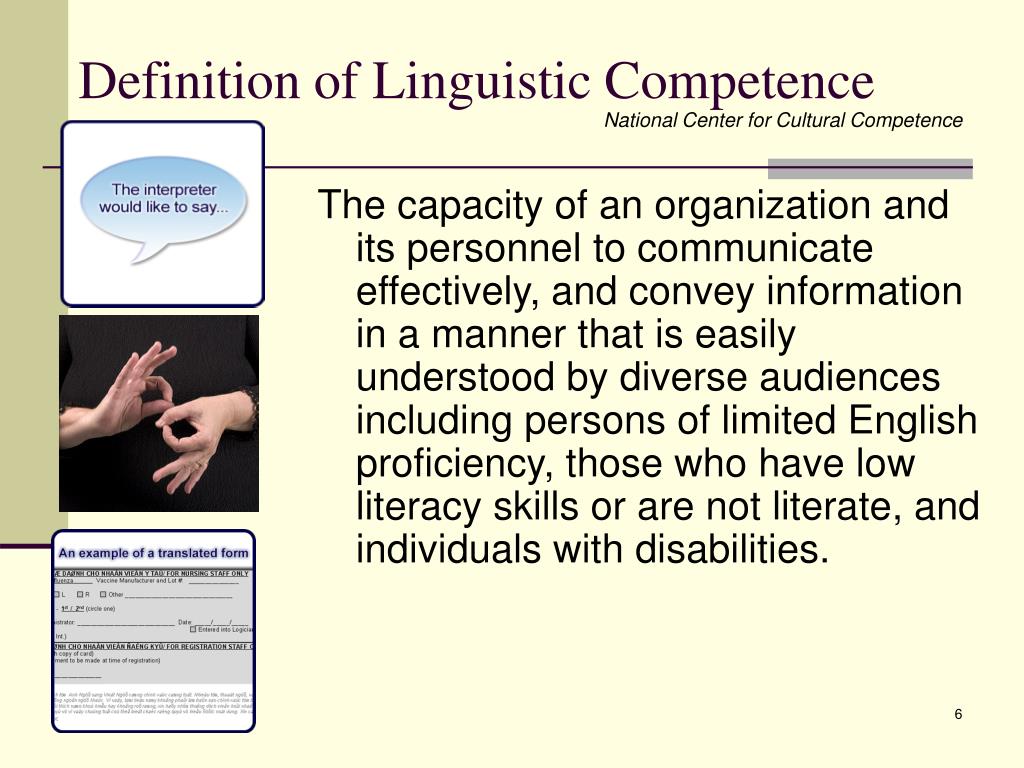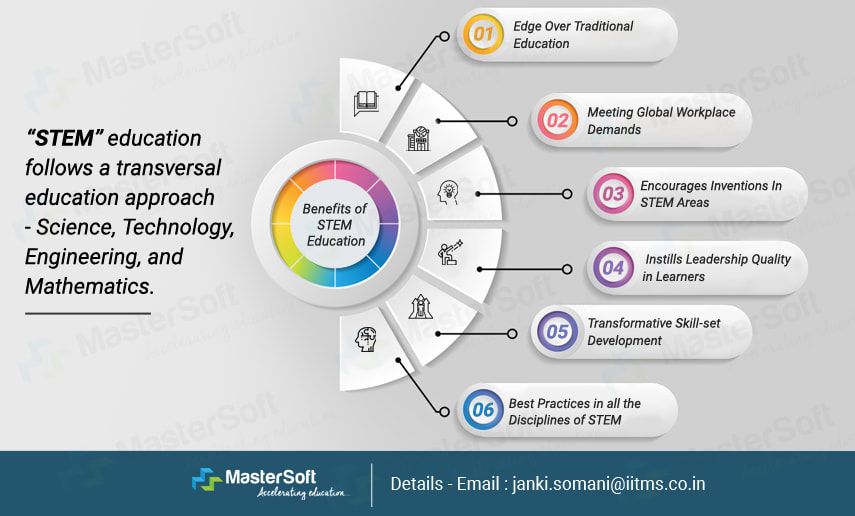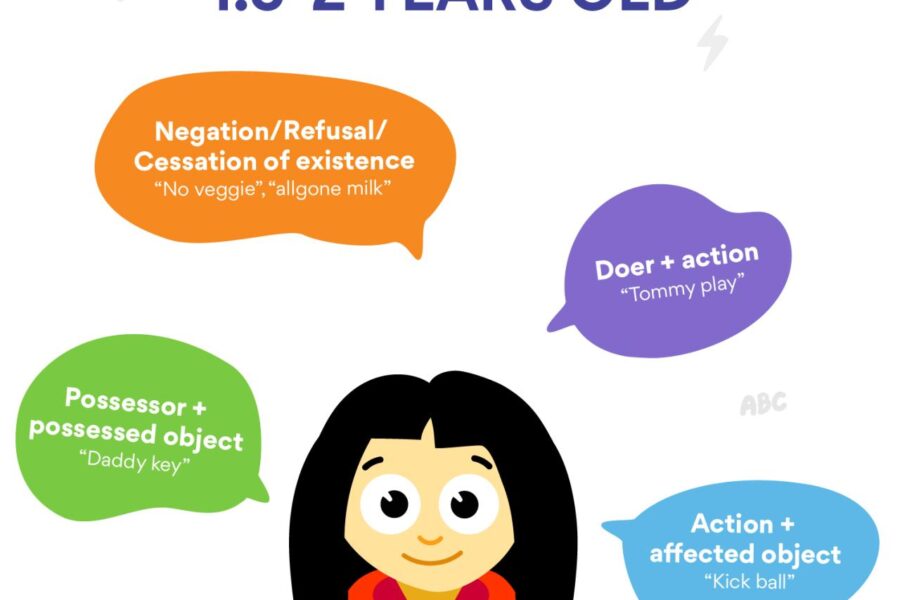Beyond Words: Unlocking Cultural Competence through Language Learning With great pleasure, we will explore the intriguing topic related to Beyond Words: Unlocking Cultural Competence through Language Learning. Let’s weave interesting information and offer fresh perspectives to the readers.
Beyond Words: Unlocking Cultural Competence through Language Learning
We live in a world brimming with diversity, a tapestry woven with countless languages and cultures. Yet, our understanding of this rich tapestry often falls short. Language learning, beyond simply acquiring vocabulary and grammar, offers a powerful pathway to unlocking cultural competence, fostering empathy, and enriching our perspectives.
This blog post delves into the intricate relationship between language learning and cultural competence, providing actionable insights to navigate the complexities of intercultural communication and build bridges of understanding.
Understanding the Intertwined Nature of Language and Culture
Imagine trying to understand a complex piece of music without knowing the notes, the rhythm, or the melody. Learning a new language is similar – the words are the notes, the grammar the rhythm, and the cultural context the melody.
Culture is not merely a set of customs or traditions, it’s the very fabric of communication. It shapes our understanding of the world, our values, our beliefs, and even our nonverbal communication. Language, as the primary tool of communication, is intricately woven into this fabric.

Examples of the Intertwined Nature:
- Greetings: A simple "hello" can vary drastically across cultures. In some cultures, a handshake is the norm, while in others, a bow or a hug is more appropriate.
- Humor: Jokes often rely on cultural references and shared understandings, making them difficult to appreciate without cultural awareness.
- Body Language: Nonverbal cues like eye contact, personal space, and gestures can have vastly different interpretations across cultures.
Beyond the Textbook: Cultivating Cultural Competence
Learning a language is not just about memorizing vocabulary and grammar; it’s about immersing yourself in the cultural nuances that shape its use. Here’s how to cultivate cultural competence through language learning:
1. Embrace the Journey of Exploration:
- Be a Curious Learner: Approach language learning with an open mind and a thirst for understanding. Embrace the unfamiliar and seek out information about the culture behind the language.
- Seek Out Authentic Resources: Explore authentic materials like films, music, literature, and podcasts to gain insights into the daily lives and perspectives of native speakers.
- Engage with Native Speakers: Interact with native speakers through language exchange programs, online communities, or cultural events.

2. Develop Cultural Awareness and Sensitivity:
- Understand Cultural Norms: Research and learn about the social customs, etiquette, and values of the target culture. Pay attention to nonverbal communication, including body language and facial expressions.
- Practice Empathy and Humility: Recognize that your cultural perspective is just one among many. Be open to learning from others and avoid making assumptions based on your own cultural background.
- Recognize and Respect Cultural Differences: Understand that different cultures may have different perspectives on time, space, communication styles, and personal boundaries.
3. Embrace the Power of Storytelling:
- Explore Literature and Film: Engage with literary works and films from the target culture to gain insights into its history, social issues, and perspectives on the world.
- Listen to Personal Stories: Seek out opportunities to hear the personal stories of native speakers. Their experiences and perspectives can provide invaluable insights into the cultural landscape.

4. Cultivate Intercultural Communication Skills:
- Practice Active Listening: Pay close attention to what others are saying, both verbally and nonverbally. Ask clarifying questions to ensure understanding.
- Communicate Clearly and Respectfully: Be mindful of your language and tone. Avoid using slang or jargon that might be unfamiliar to others.
- Be Patient and Adaptable: Intercultural communication takes time and effort. Be patient with yourself and others, and be willing to adapt your communication style as needed.
Actionable Insights: Making Cultural Competence Tangible
1. Language Exchange Programs: Participate in language exchange programs to practice your language skills and learn from native speakers. Platforms like HelloTalk, Tandem, and HiNative offer opportunities to connect with language partners.
2. Cultural Events and Festivals: Attend cultural events and festivals to experience the target culture firsthand. Immerse yourself in the music, dance, food, and traditions.
3. Online Communities and Forums: Join online communities and forums dedicated to the target language and culture. Engage in discussions, ask questions, and share your experiences.
4. Volunteer with Intercultural Organizations: Contribute to organizations that promote intercultural understanding and dialogue. This can be a rewarding way to learn about different cultures and contribute to a more inclusive world.
5. Travel and Immerse Yourself: Embark on a journey to the target country or region to experience the culture firsthand. This is an invaluable way to deepen your understanding of the language and culture.
The Benefits of Cultural Competence: A World of Opportunities
Cultivating cultural competence through language learning opens doors to a world of opportunities:
- Enhanced Communication and Collaboration: Develop the skills to navigate diverse communication styles and build stronger relationships with people from different backgrounds.
- Increased Empathy and Understanding: Gain a deeper understanding of different perspectives and values, fostering empathy and compassion for others.
- Personal Growth and Enrichment: Expand your horizons, challenge your assumptions, and gain a more nuanced understanding of the world.
- Career Advancement: In today’s globalized world, cultural competence is increasingly valued in the workplace. It enhances your ability to work effectively with diverse teams and navigate international business relationships.
Conclusion: A Journey of Continuous Learning
Language learning is not a destination, but a journey of continuous learning and growth. By embracing cultural competence, we can bridge the divides that separate us and build a more connected, understanding, and harmonious world.
Remember, the journey begins with a single step, a single word, a single gesture of curiosity and openness. Embrace the challenge, unlock the power of language, and embark on a journey of cultural discovery. The world awaits your exploration.
Closure Beyond Words: Unlocking Cultural Competence through Language Learning
Thus, we hope this article has provided valuable insights into Beyond Words: Unlocking Cultural Competence through Language Learning. We appreciate your attention to our article. See you in our next article!
Related Articles: Beyond Words: Unlocking Cultural Competence through Language Learning





Leave a Comment